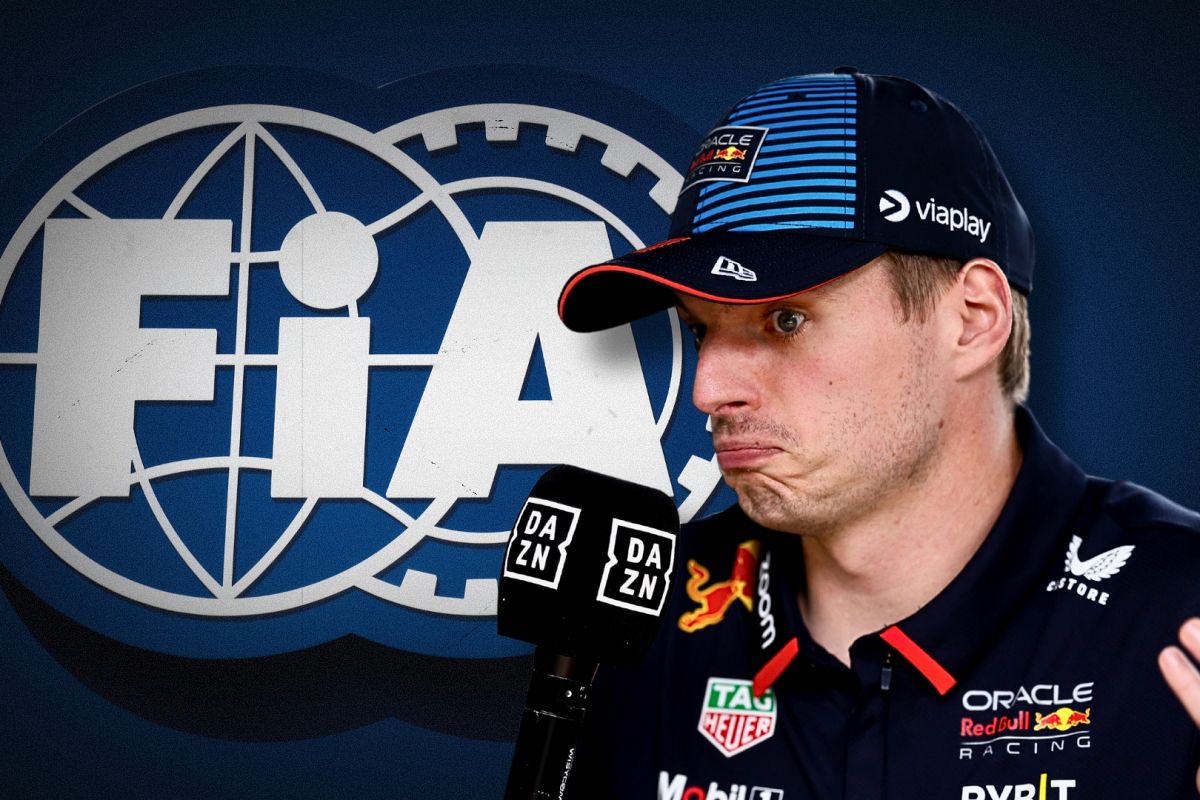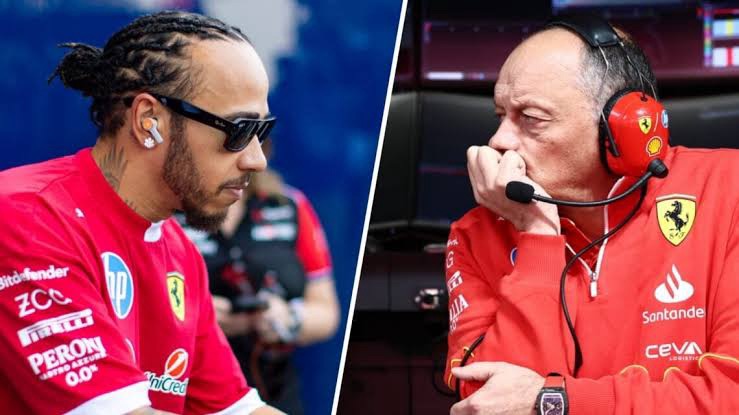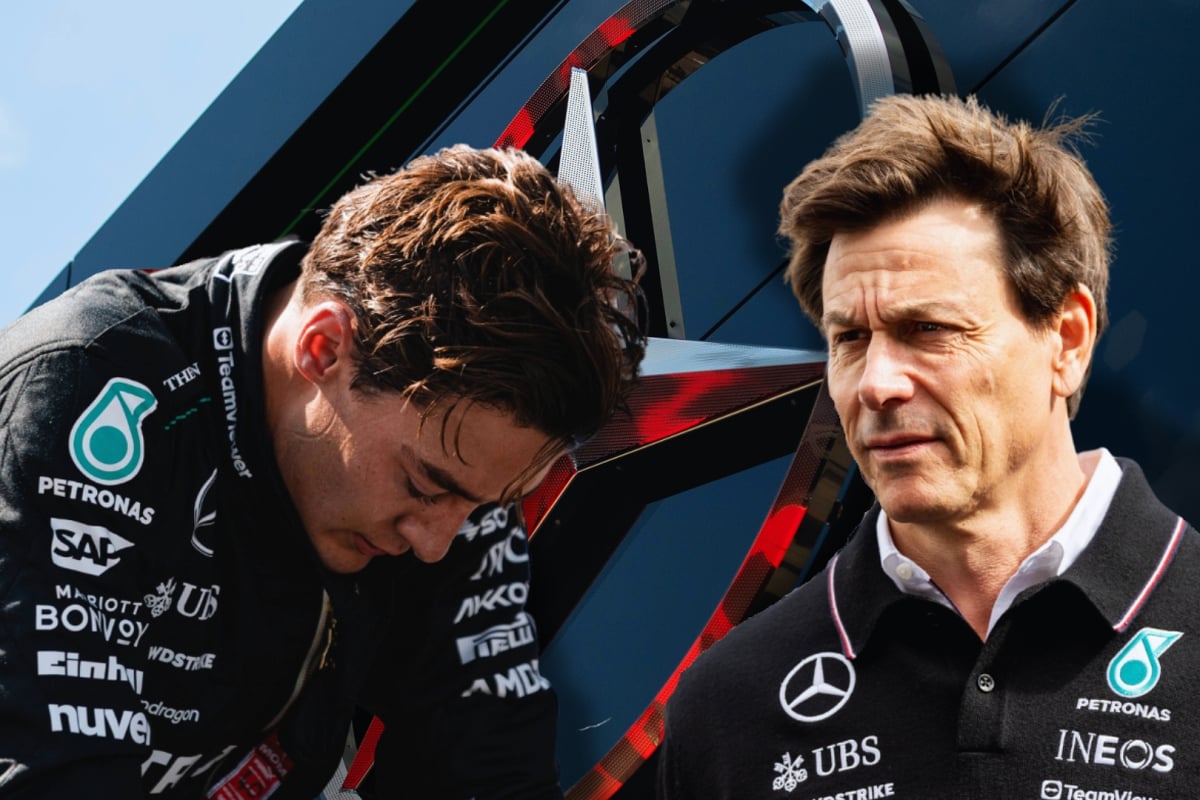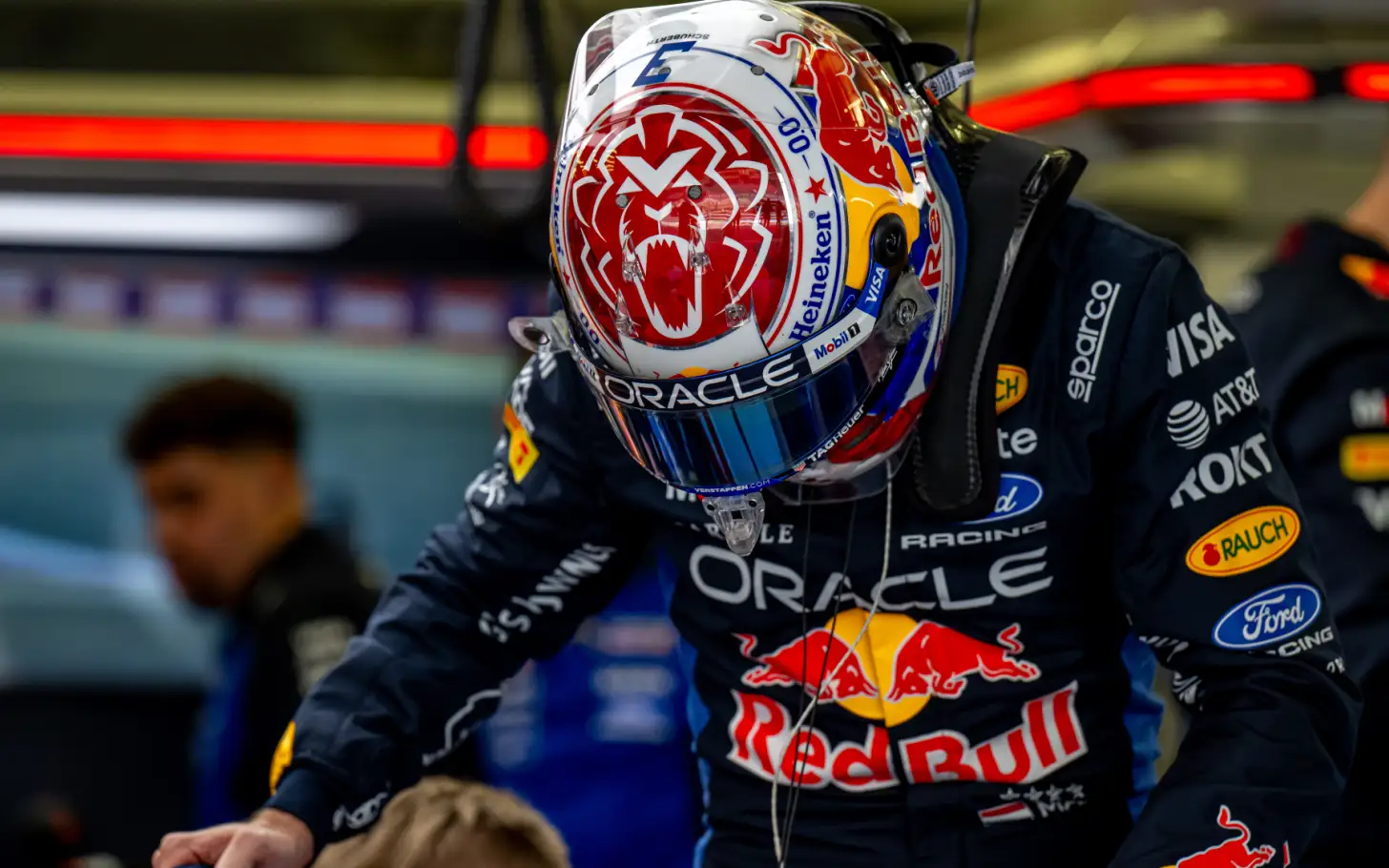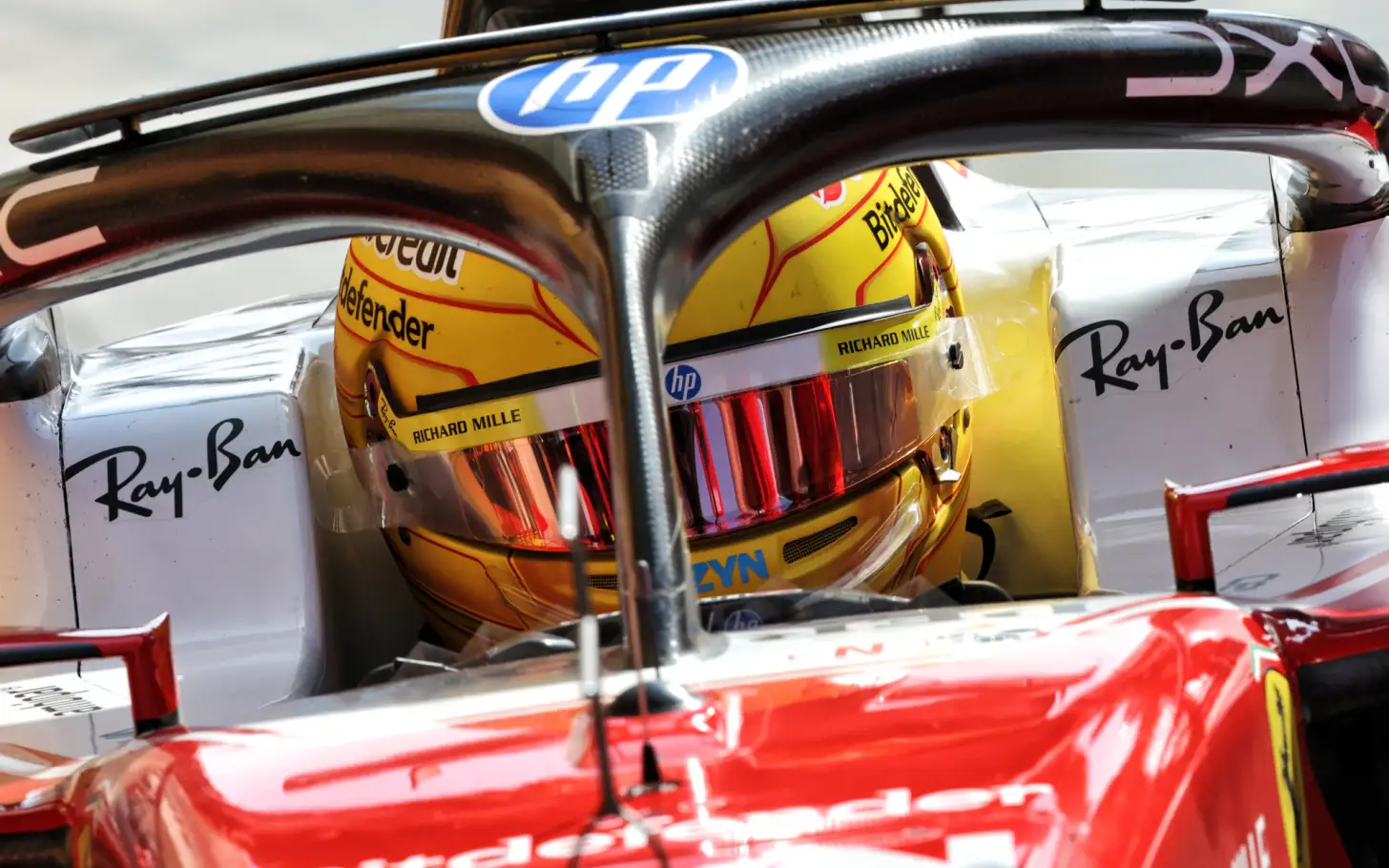FIA Explains Verstappen’s Saudi GP Penalty as Horner Presents Evidence
The FIA has issued an official statement clarifying the reasoning behind Max Verstappen’s five-second time penalty during the Saudi Arabian Grand Prix. The reigning world champion was handed the penalty early in the race after an incident involving McLaren’s Oscar Piastri at the very first corner. The stewards concluded that Verstappen gained a lasting advantage by leaving the track and not yielding the position back, despite Piastri having a legitimate claim to the corner.
At the start of the race, Piastri attempted an overtake on Verstappen going into Turn 1. The FIA’s decision document revealed that the Australian had positioned his car alongside Verstappen’s, with his front axle at least level with Verstappen’s mirror—enough to be considered “alongside” according to the FIA’s racing guidelines. These rules stipulate that if a driver is sufficiently alongside at the apex of a corner, they are entitled to space to complete the maneuver.
Despite this, Verstappen held his line, went off track, and rejoined the circuit ahead of Piastri. Crucially, he did not relinquish the gained advantage, prompting the stewards to intervene. “Car 1 [Verstappen] then left the track and gained a lasting advantage that was not given back. He stayed in front of Car 81 [Piastri] and sought to build on the advantage,” the FIA explained in the official document.
Although Verstappen’s actions met the criteria for a more severe penalty, the FIA opted for leniency due to the timing of the incident. “Ordinarily, the baseline penalty for leaving the track and gaining a lasting advantage is 10 seconds,” the document stated. “However, given that this was a lap one, turn one incident, we considered that to be a mitigating circumstance and imposed a five-second time penalty instead.”
The penalty ultimately influenced the course of the race. Verstappen served the five seconds during his pit stop, allowing Piastri to get ahead. Despite a strong recovery effort, Verstappen was unable to close the gap completely, finishing just under three seconds behind the Australian, who went on to claim victory.
Red Bull team principal Christian Horner was quick to defend his driver and challenge the penalty. In post-race interviews, Horner maintained that the decision was harsh and that Verstappen had little room to maneuver at the start. He reportedly presented video and telemetry data to support Red Bull’s case that Verstappen was not entirely at fault. However, the FIA remained firm in its ruling, pointing to their comprehensive review of race footage, telemetry data, and onboard cameras.
Verstappen himself remained relatively reserved about the issue in post-race interviews. Known for his often candid criticism, the Dutchman chose not to openly challenge the stewards’ decision this time, saying only that the race start had been “tight” and that he focused on recovering as much ground as possible after serving the penalty.
Interestingly, the FIA drew a parallel between Verstappen’s situation and another incident involving Racing Bulls driver Liam Lawson, who received a 10-second time penalty for a similar infraction later in the race. According to the FIA, Lawson’s move lacked mitigating circumstances, unlike Verstappen’s, which took place in the chaos of the opening lap.
The decision has sparked fresh debate within the F1 community about consistency in stewarding and the interpretation of overtaking guidelines. Some analysts have pointed out that the stewards’ approach, while technically justified, could still leave room for subjective interpretation—especially in tightly contested moments such as the first corner of a Grand Prix.
Despite the controversy, Verstappen managed to score valuable points and retain his strong position in the championship standings. The incident, however, serves as a reminder that even the most experienced and successful drivers can find themselves on the wrong side of the rules when battling for position on track.
As the season progresses, this decision could become a reference point for future stewarding calls, especially in similar high-pressure, opening-lap scenarios. For Red Bull and Verstappen, the focus will now shift to ensuring cleaner starts and avoiding further penalties that could impact their title defense.
